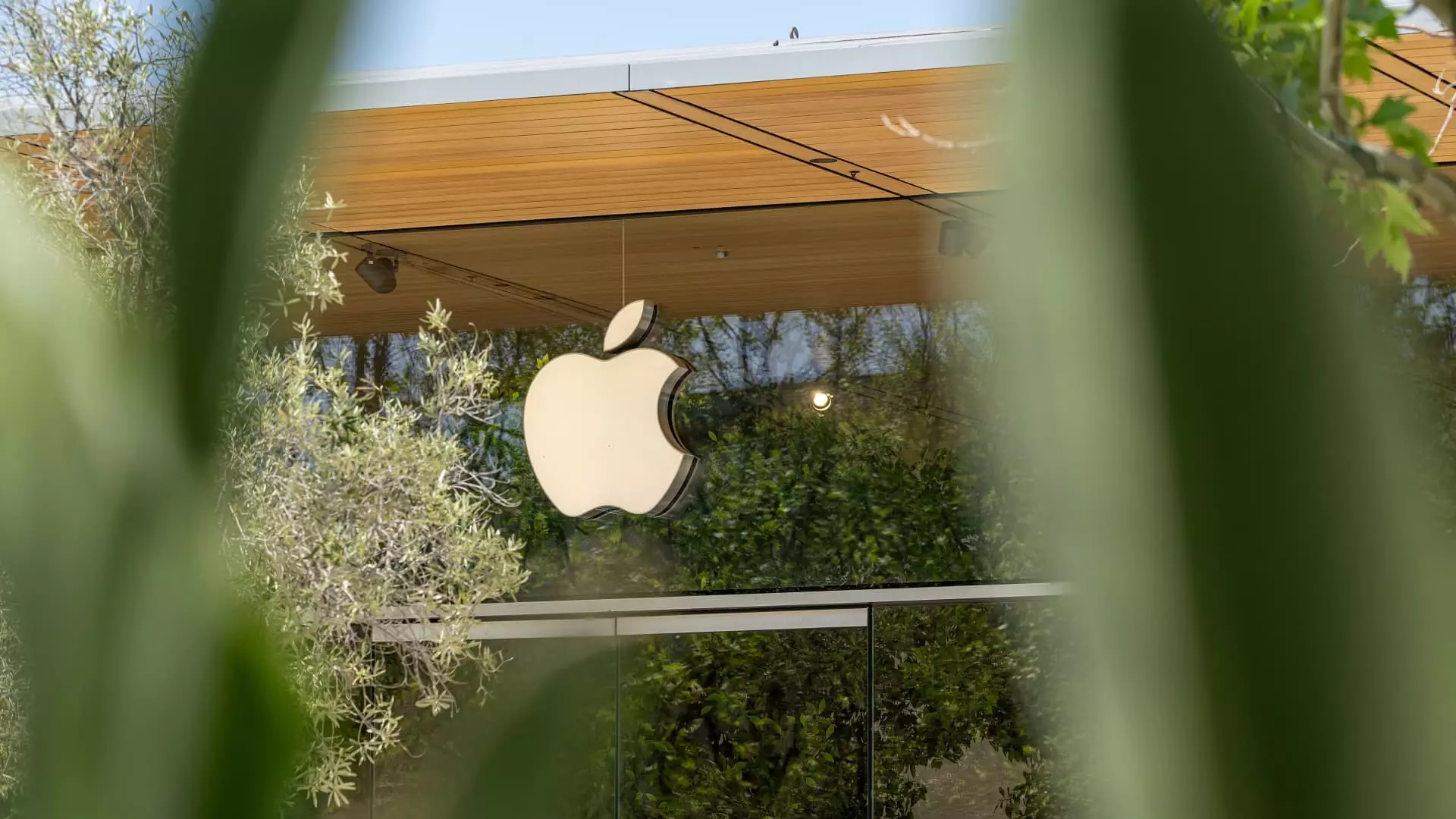In the ever-evolving landscape of digital marketplaces, the legal clash between Apple and Epic Games has garnered significant attention, revealing tensions inherent in the tech ecosystem. At the heart of this dispute is a recent decision by U.S. District Judge Yvonne Gonzalez Rogers, who determined that Apple had breached previous court orders related to its App Store policies. This case encapsulates a broader conversation about monopolistic practices and the need for fair competition in digital commerce.
Judge Rogers’ ruling mandates Apple to stop imposing its controversial commission fees on purchases made via web links from apps. For many, this represents a significant shift in the power dynamics of app development and distribution. The judge’s decision appears to reflect a growing concern that Apple’s policies suppress competition, forcing developers to abide by terms favoring a company with extraordinary market power.
Financial Stakes and Market Implications
With Apple’s request for a pause on this ruling, the stakes are high not only for the tech giant but also for developers who are beginning to find their footing outside of Apple’s monetary grip. Apple argues that these imposed changes could cost the company “substantial sums,” with implications ranging from “hundreds of millions to billions” annually. This figure underscores the critical economic implications associated with altering Apple’s long-standing practices.
As developers like Amazon and Spotify update their applications to sidestep Apple’s commission system, a clear message emerges: The economic landscape for app development could change dramatically. By allowing developers to utilize external links for payments, consumer choice is expanded, and a more competitive environment could foment innovation. Critics of Apple’s current model argue that the existing commission system has long stifled new ideas and hindered growth within the industry—viewing this latest decision as a necessary corrective measure rather than merely a business inconvenience.
Epic’s Continued Resistance
Epic Games has emerged as a pivotal player in this legal saga, with CEO Tim Sweeney vocally championing the cause of developers against what he perceives as an unjust monopoly. On the heels of the ruling, Sweeney proclaimed, “This forces Apple to compete,” demonstrating his firm belief that such competition was the original intention behind the lawsuit. Epic’s efforts—encompassing both the judicial route and significant public relations pushes—are indicative of a resolve to dismantle what they view as monopolistic practices within the tech industry.
The introduction of new software solutions by Epic aims to provide developers with easy access to payment linkages that could circumvent Apple’s hefty fees. This strategy not only positions Epic as an ally to developers but also highlights the company’s ambition to cultivate a fairer digital marketplace. The battle represents a microcosm of broader cultural and economic shifts towards ethical digital commerce.
The Complexity of Compliance
In a courtroom dynamic marked by accusations and counterclaims, the issue of compliance becomes increasingly complex. Apple’s assertion that it has adhered to the court’s previous rulings raises questions about the distinction between compliance and corporate strategy. The filing from Apple, notably lacking in addressing accusations of misleading the court, suggests an attempt to frame the narrative as a matter of procedural technicalities rather than substantive Ethical considerations.
The courtroom drama intensifies as Apple faces not only a legal imperative but also a reputational one. The judge’s criminal referral—which suggests that Apple misled the court, including allegations that executives lied about crucial decision-making processes—suggests that this legal battle is far more than a mere financial dispute; it embodies broader ethical questions surrounding corporate governance in the tech industry.
Looking Ahead: A Luminous Future
As Epic Games and Apple prepare for further legal wrangling, the implications for both companies and the broader tech community remain substantial. With the fight for fair competition echoing across the digital landscape, developers may find newfound power in the judicial outcomes that evolve from this case. The ongoing struggle not only represents a pivotal moment for these two companies but signals a potential sea change in how app technologies are monetized, and by whom.
In a digital ecosystem striving for greater equity, this legal battle is emblematic of a crossroads—highlighting the necessity for transparency and fairness in an industry that has often been marred by monopolistic practices. As these tech titans clash, the pursuit for empowerment in digital markets stands more significant than ever.

